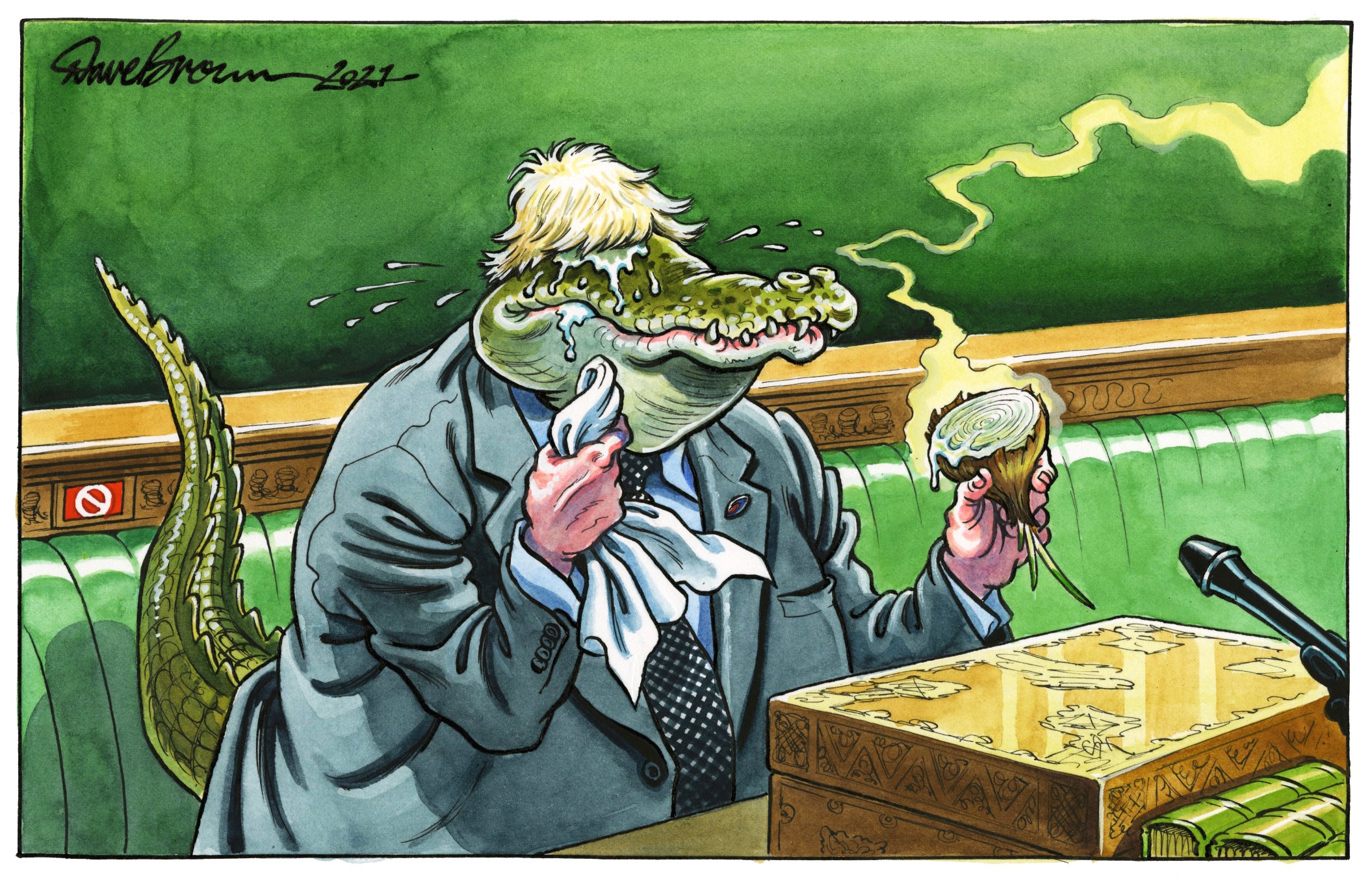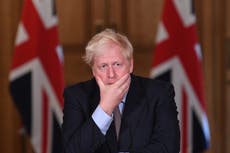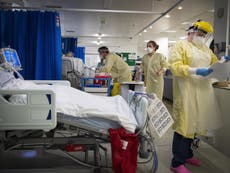Poor leadership is the reason Britain has suffered the most deaths in Europe
Editorial: Many of the prime minister’s decisions were right but were taken with too much dither and delay. It’s never too soon to learn from mistakes

So, the country has a roadmap out of this phase of the coronavirus crisis. That counts as progress, given the usual chaotic character of government communications. Asked for a reasonable period of notice by educators, the prime minister has announced that schools won’t be open before 8 March in England, that there will be a review of the situation in mid-February, and a further announcement about schools in the week of 22 February.
Schools are currently scheduled to reopen from around mid-February in Scotland, Wales and Northern Ireland but that may not stand. Much depends, everywhere, on the progress of the vaccine programme, which has been highly impressive – with 7 million jabbed to relative safety so far.
The same parameters apply to the partial closure of borders and compulsory quarantine for those arriving from “red list” countries. The roadmap is a little obscured, however, as there is no start date yet for the fresh measures announced by the home secretary. Still, again it is an indication of the direction of travel, although precious time may be wasted in preventing new coronavirus variants from entering the country.
Even now, the government may not be acting firmly and quickly enough to fight Covid-19. The lessons of the past year are not being learnt quickly enough, just as key judgements in the past year or so were often arrived at too late, even when expert advice was for immediate action. Boris Johnson says it is too early and distracting to look into the tragic errors of the past; the timeless truth is that it is never too soon to learn from mistakes.
The persistent question is: why? Why has Britain suffered the most deaths in Europe? It is not because Britain has a less healthy, poorer or less equal population than any other nation in Europe, or, directly, because of demographics, though some of those factors have indirectly driven the pattern of mortality. The answer, as common sense and an increasing number of experts are suggesting, is poor decision-making. Given that the most important strategic judgements were taken in Downing Street, the responsibility for this lies with the prime minister.
Understandably, from the vantage point of protecting his own reputation and interests, Mr Johnson concedes only nominal responsibility. No doubt his condolences towards bereaved families are sincere, but his sorrow does not extend to admissions of failure. Instead, he punts the line that the government did everything that it could. If so, it was not good enough – the death figures are worse than any other government in Europe, and very nearly the world.
Mr Johnson claims that it was a global crisis (undeniable), that everyone involved worked incredibly hard (broadly true), that ministers followed scientific advice (partly true), and that they couldn’t have done better (mostly incorrect). The point is that many decisions were right, but taken after unnecessary dither and delay, or were poorly arrived at given the known risks.
The poor judgements are manifold: timings of all three lockdowns were late; organising protective wear and ventilators was too slow; £22bn was spent on the test and trace system, which is still inadequate; infectious older patients were discharged into care homes in a panic to clear hospitals; Dominic Cummings was allowed to keep his job; there has been insufficient financial support to keep workers at home and self-isolating; too much cronyism in government contracts; and the 2020 exam season was bungled. Against that, the vaccine programme and the Nightingale hospitals, run by the NHS and the armed forces, have been unalloyed successes.
Something went very badly wrong with the way Britain – uniquely bad in Europe – responded to the pandemic, which was equally challenging and unprecedented everywhere. Mistakes were plainly made – but will anyone ever take responsibility, apologise and lose their job? Don’t bet on it.



Join our commenting forum
Join thought-provoking conversations, follow other Independent readers and see their replies
Comments